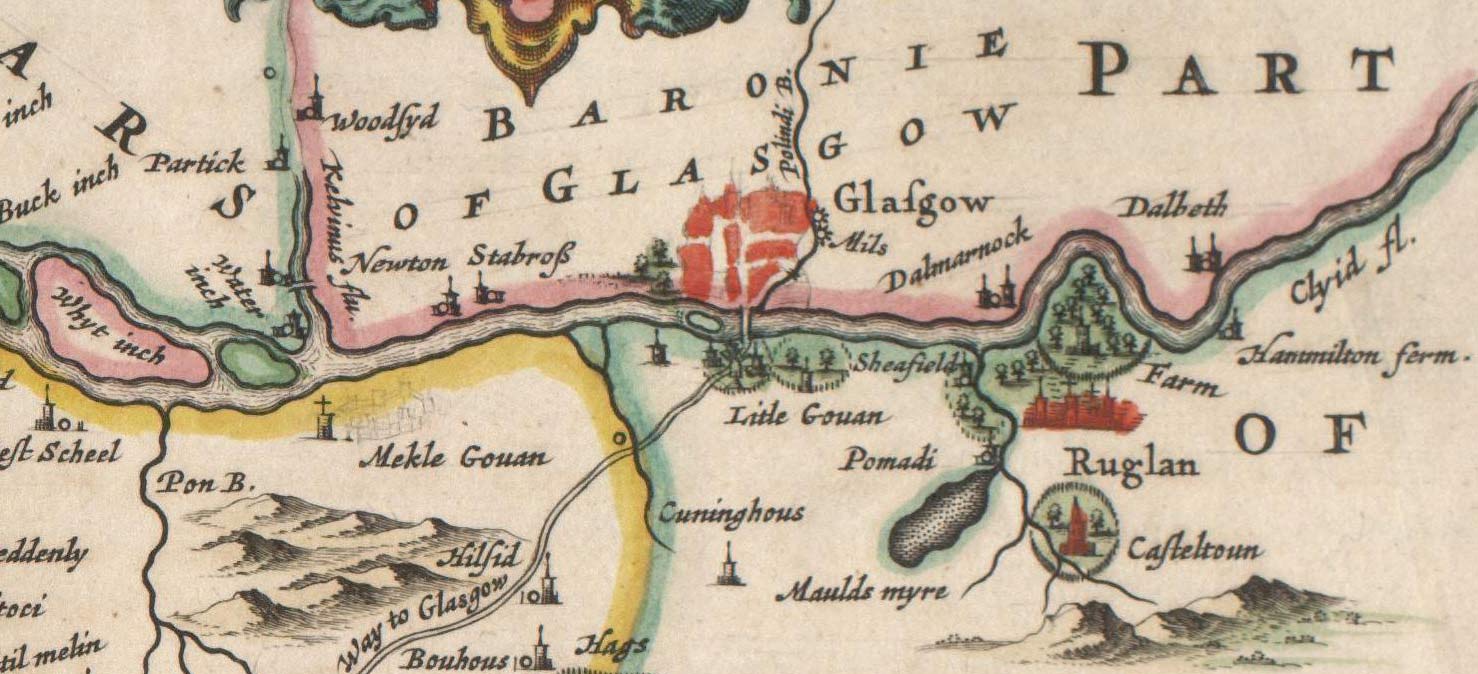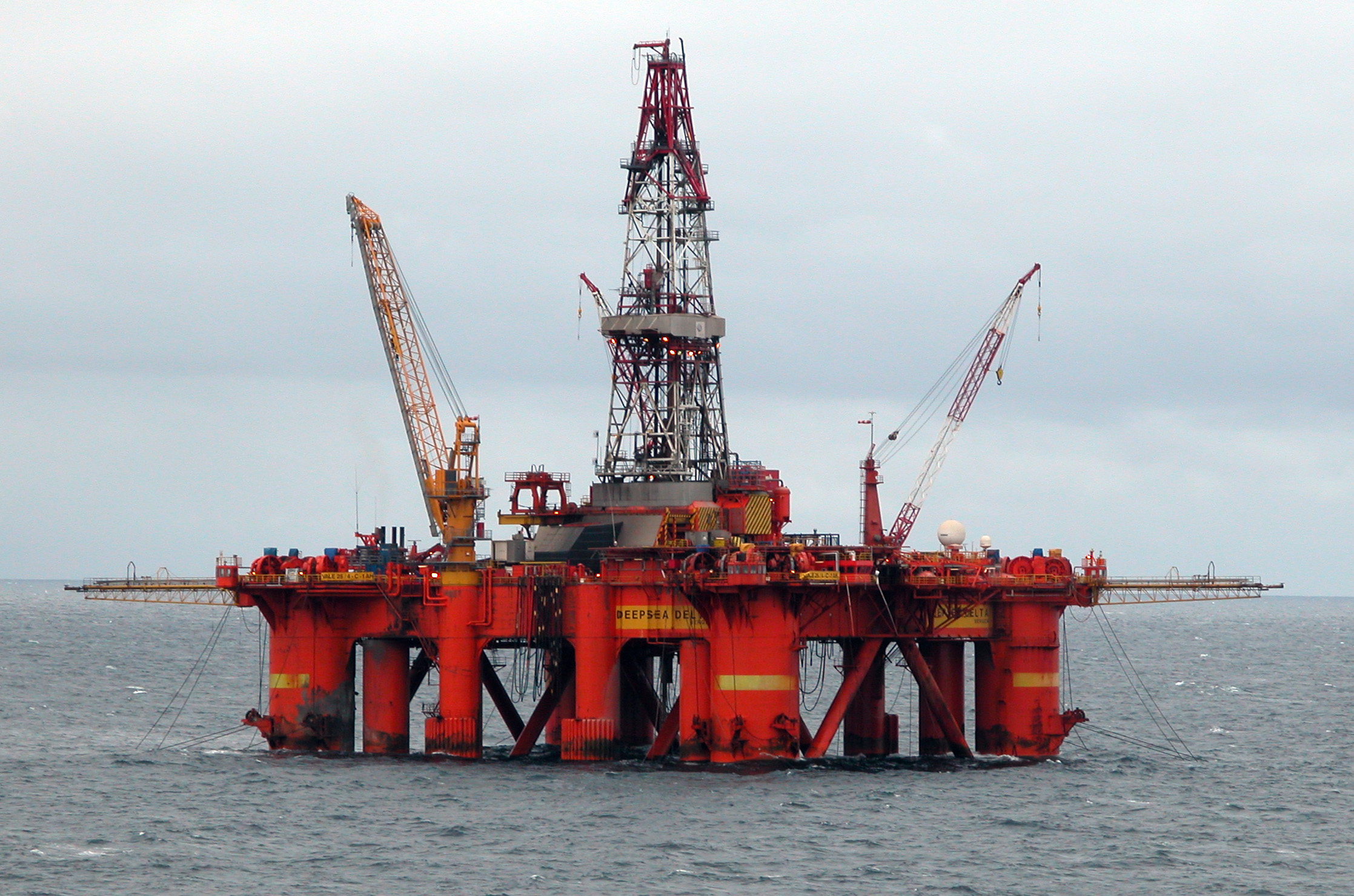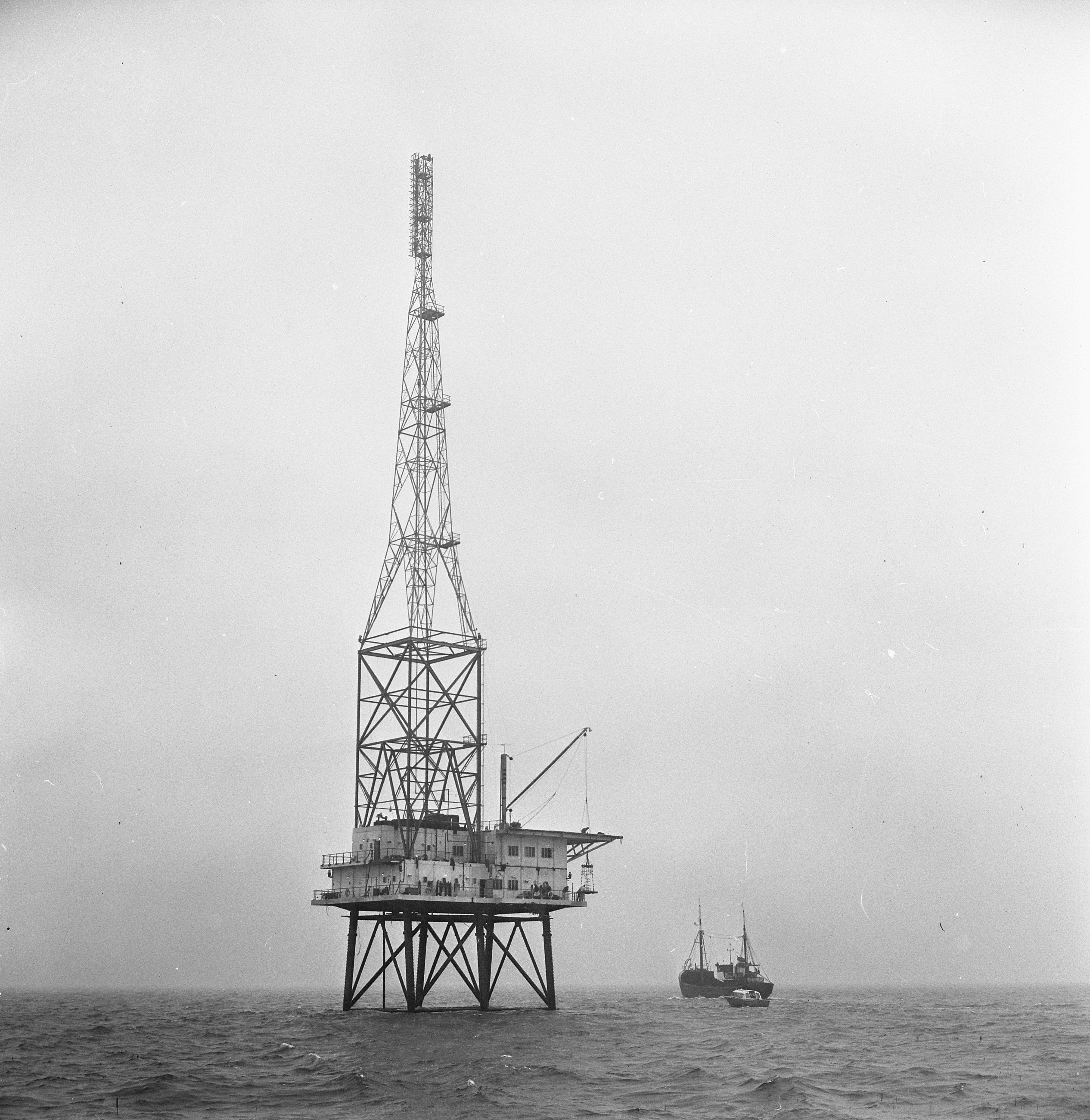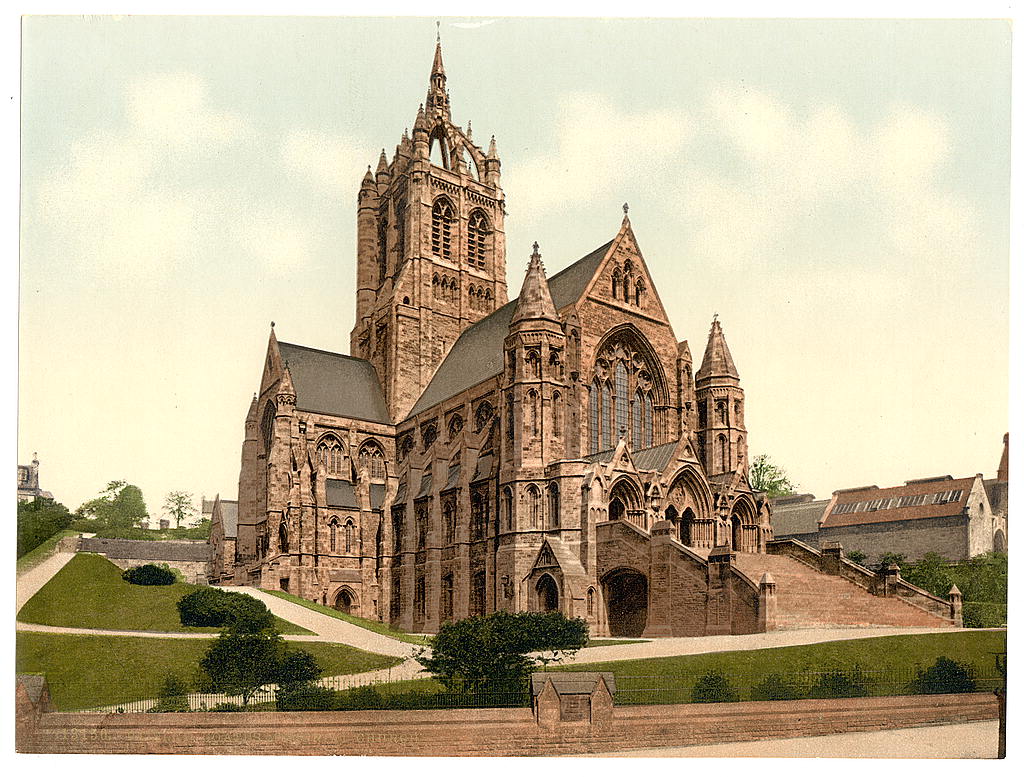|
Gordon Wilson (Scottish Politician)
Robert Gordon Wilson (16 April 1938 – 25 June 2017) was a Scottish politician and solicitor. He was the leader of the Scottish National Party (SNP) from 1979 to 1990, and was SNP Member of Parliament (MP) for Dundee East from 1974 to 1987. He was Rector of the University of Dundee from 1983 to 1986. Background Wilson was born in Govan, Glasgow, the son of Elizabeth Murray and Robert George Wilson, a butcher's van driver. He was educated at Douglas High School for Boys on the Isle of Man, and the University of Edinburgh, where he graduated with a Bachelor of Laws degree. Following graduation, Wilson qualified as a solicitor, and worked for T.F. Reid Solicitors in Paisley from 1963 until his election as an MP in 1974. Political career Wilson joined the Scottish National Party in 1959, on his graduation from university. He was "controller" of the political pirate radio station Radio Free Scotland, which broadcast on a frequency used by BBC between 1956 and 1965, moving the l ... [...More Info...] [...Related Items...] OR: [Wikipedia] [Google] [Baidu] |
Leader Of The Scottish National Party
The Leader of the Scottish National Party is the head of the SNP. The incumbent is Nicola Sturgeon who was elected unopposed in November 2014, succeeding Alex Salmond as party leader and First Minister of Scotland. History The post was officially created on 7 April 1934 with the foundation of the SNP. The role was titled Chairman of the Scottish National Party from 1934 until 1969, with the first chairman, Alexander MacEwen, appointed to the office in 1934. In 1969 the title of chairman was replaced with that of National Convener, with William Wolfe the first person elected as National Convener. The post gained its current title of ''Leader'' at the SNP spring conference on 24 April 2004. Role Currently, the leader Nicola Sturgeon, the First Minister and Leader of the Scottish National Party, is responsible for the overall growth. They usually advocate for Scottish independence and Pro Europeanism. Keith Brown is the Depute Leader of the Scottish National Party; however, h ... [...More Info...] [...Related Items...] OR: [Wikipedia] [Google] [Baidu] |
Govan
Govan ( ; Cumbric?: ''Gwovan'?''; Scots: ''Gouan''; Scottish Gaelic: ''Baile a' Ghobhainn'') is a district, parish, and former burgh now part of south-west City of Glasgow, Scotland. It is situated west of Glasgow city centre, on the south bank of the River Clyde, opposite the mouth of the River Kelvin and the district of Partick. Historically it was part of the County of Lanark. In the early medieval period, the site of the present Govan Old churchyard was established as a Christian centre for the Brittonic Kingdom of Alt Clut (Dumbarton Rock) and its successor realm, the Kingdom of Strathclyde. This latter kingdom, established in the aftermath of the Viking siege and capture of Alt Clut by Vikings from Dublin in AD 870, created the sandstone sculptures known today as the Govan Stones. Govan was the site of a ford and later a ferry which linked the area with Partick for seasonal cattle drovers. In the eighteenth and nineteenth centuries, textile mills and coal mining were ... [...More Info...] [...Related Items...] OR: [Wikipedia] [Google] [Baidu] |
Sheffield
Sheffield is a city status in the United Kingdom, city in South Yorkshire, England, whose name derives from the River Sheaf which runs through it. The city serves as the administrative centre of the City of Sheffield. It is Historic counties of England, historically part of the West Riding of Yorkshire and some of its southern suburbs were transferred from Derbyshire to the city council. It is the largest settlement in South Yorkshire. The city is in the eastern foothills of the Pennines and the valleys of the River Don, Yorkshire, River Don with its four tributaries: the River Loxley, Loxley, the Porter Brook, the River Rivelin, Rivelin and the River Sheaf, Sheaf. Sixty-one per cent of Sheffield's entire area is green space and a third of the city lies within the Peak District national park. There are more than 250 parks, woodlands and gardens in the city, which is estimated to contain around 4.5 million trees. The city is south of Leeds, east of Manchester, and north ... [...More Info...] [...Related Items...] OR: [Wikipedia] [Google] [Baidu] |
Scottish Conservative Party
The Scottish Conservative & Unionist Party ( gd, Pàrtaidh Tòraidheach na h-Alba, sco, Scots Tory an Unionist Pairty), often known simply as the Scottish Conservatives and colloquially as the Scottish Tories, is a centre-right political party in Scotland. It is the second-largest party in the Scottish Parliament and the third-largest in Scottish local government. The party has the second-largest number of Scottish MPs in the House of Commons of the United Kingdom and the seventh overall. The Leader of the party is Douglas Ross. He replaced Jackson Carlaw, who briefly served from February to July 2020; Carlaw had in turn taken over from Ruth Davidson, who held the post from 2011 to 2019. The party has no Chief Whip at Westminster, which is instead represented by the Chief Whip of the Conservative Party in England. In the 2017 UK general election, the party increased its number of MPs to 13 on 28.6 percent of the popular vote – its best performance since 1983 and in terms ... [...More Info...] [...Related Items...] OR: [Wikipedia] [Google] [Baidu] |
List Of Provosts Of Dundee
The Lord Provost of Dundee is the chair and civic head of the City of Dundee local authority in Scotland. They are elected by the city council and serve not only as the chair of that body, but as a figurehead and Lord Lieutenant for the city. They are equivalent in many ways to the institution of Mayor that exists in other countries. Each of the 32 Scottish local authorities elects a Provost, but it is only the four largest cities, Glasgow, Edinburgh, Aberdeen and Dundee that have a Lord Provost. This is enshrined in the ''Local Government etc. (Scotland) Act 1994''. The Mediaeval burgh of Dundee was administered by officials known as "Bailies", Provosts and the office of "Constable of Dundee". The office of Provost as the single chief official of the burgh was not created until the 1480s. List of provosts and lord provosts Provosts 15th century 16th century 17th century 18th century 19th century Lord Provosts Deputy lieutenants A deputy lieutenant ... [...More Info...] [...Related Items...] OR: [Wikipedia] [Google] [Baidu] |
1973 Dundee East By-election
There was a by-election for Dundee East, in Scotland, on 1 March 1973. It was one of three UK parliamentary by-elections held on that day. It was caused by the appointment of George Thomson as a European commissioner. George Machin retained the seat for Labour, but only narrowly. There was a strong showing by the Scottish National Party, which prefigured their serious breakthrough at the Govan by-election later in the year, and the two general elections of 1974. Background Thomson had represented the seat since winning it in a a by-election in 1952. Since the seat's creation in 1950 it had returned Labour members, and until the 1970 general election Labour's majorities over the second placed Conservative candidates had ranged from a low of 3,805 votes in 1951 to a high of 8,126 at the 1952 by-election. However, in 1970 the Labour vote share fell below 50% for the first time and Thomson's majority over the second-placed Conservative candidate Allan Stewart was 2,798 votes, the ... [...More Info...] [...Related Items...] OR: [Wikipedia] [Google] [Baidu] |
It's Scotland's Oil
"It's Scotland's oil" was a widely publicised political slogan used by the Scottish National Party (SNP) during the 1970s in making their economic case for Scottish independence. It was argued that the discovery of North Sea oil off the coast of Scotland, and the revenue that it created would not benefit Scotland to any significant degree while Scotland remained part of the United Kingdom. The SNP campaigned widely in both the February 1974 UK General Election and subsequent October 1974 UK General Election using this slogan. At the February election the SNP gained seven seats in the House of Commons and 22% of the Scottish vote, rising to eleven seats and 30% of the vote in the October election. The idea behind the slogan has proven to be controversial in discussions surrounding the financial viability of an independent Scottish state and still resonates to this day. Background The outcome of the February 1974 General Election saw the Labour Party, led by Harold Wilson, win the ... [...More Info...] [...Related Items...] OR: [Wikipedia] [Google] [Baidu] |
Radio Free Scotland
Between 1956 and 1965 Radio Free Scotland (RFS) broadcast through the PAL audio channel of BBC television (then on VHF) after ''God Save the Queen'' finished in the evening, and, later on, on 262 metres medium wave on the radio. The station was the initiative of David Rollo, an electrical engineer who served as the Scottish National Party (SNP)'s treasurer and head of broadcasting. He built a transmitter in the Townhead Cafe in Kirkintilloch with Alvaro Rossi. The first broadcast interrupted a BBC newscast when viewers in Perth were told to stay tuned following sign off. This "pirate" radio transmission opened with the provocative statement: "This is Radio Free Scotland proclaiming to the nation that the fight for independence is on in earnest". This roving station was heard for almost a month in Glasgow, Ayrshire and Perth. The Scottish National Party (SNP) announced official backing for Radio Free Scotland because of the government ban on broadcasts by the Scottish and Welsh n ... [...More Info...] [...Related Items...] OR: [Wikipedia] [Google] [Baidu] |
Pirate Radio
Pirate radio or a pirate radio station is a radio station that broadcasts without a valid license. In some cases, radio stations are considered legal where the signal is transmitted, but illegal where the signals are received—especially when the signals cross a national boundary. In other cases, a broadcast may be considered "pirate" due to the nature of its content, its transmission format (especially a failure to transmit a station identification according to regulations), or the transmit power (wattage) of the station, even if the transmission is not technically illegal (such as an amateur radio transmission). Pirate radio is sometimes called bootleg radio (a term especially associated with two-way radio), clandestine radio (associated with heavily politically motivated operations) or free radio. History Radio "piracy" began with the advent of regulations of the airwaves at the dawn of the age of radio. Initially, radio, or wireless as it was more commonly called at ... [...More Info...] [...Related Items...] OR: [Wikipedia] [Google] [Baidu] |
Paisley, Renfrewshire
Paisley ( ; sco, Paisley, gd, Pàislig ) is a large town situated in the west central Lowlands of Scotland. Located north of the Gleniffer Braes, the town borders the city of Glasgow to the east, and straddles the banks of the White Cart Water, a tributary of the River Clyde. Paisley serves as the administrative centre for the Renfrewshire council area, and is the largest town in the historic county of the same name. It is often cited as "Scotland's largest town" and is the fifth largest settlement in the country, although it does not have city status. The town became prominent in the 12th century, with the establishment of Paisley Abbey, an important religious hub which formerly had control over other local churches. By the 19th century, Paisley was a centre of the weaving industry, giving its name to the Paisley shawl and the Paisley pattern. The town's associations with political radicalism were highlighted by its involvement in the Radical War of 1820, with striking ... [...More Info...] [...Related Items...] OR: [Wikipedia] [Google] [Baidu] |
Solicitor
A solicitor is a legal practitioner who traditionally deals with most of the legal matters in some jurisdictions. A person must have legally-defined qualifications, which vary from one jurisdiction to another, to be described as a solicitor and enabled to practise there as such. For example, in England and Wales a solicitor is admitted to practise under the provisions of the Solicitors Act 1974. With some exceptions, practising solicitors must possess a practising certificate. There are many more solicitors than barristers in England; they undertake the general aspects of giving legal advice and conducting legal proceedings. In the jurisdictions of England and Wales and in Northern Ireland, in the Australian states of New South Wales, Victoria, and Queensland, Hong Kong, South Africa (where they are called '' attorneys'') and the Republic of Ireland, the legal profession is split between solicitors and barristers (called ''advocates'' in some countries, for example Scotland), ... [...More Info...] [...Related Items...] OR: [Wikipedia] [Google] [Baidu] |
Bachelor Of Laws
Bachelor of Laws ( la, Legum Baccalaureus; LL.B.) is an undergraduate law degree in the United Kingdom and most common law jurisdictions. Bachelor of Laws is also the name of the law degree awarded by universities in the People's Republic of China, Hong Kong S.A.R., Macau S.A.R., Malaysia, Bangladesh, India, Japan, Pakistan, Kenya, Ghana, Nigeria, South Africa, Botswana, Israel, Brazil, Tanzania, Zambia, and many other jurisdictions. In the United States, the Bachelor of Laws was also the primary law degree historically, but was phased out in favour of the Juris Doctor degree in the 1960s. Canadian practice followed suit in the first decade of the 21st century, phasing out the Bachelor of Laws for the Juris Doctor. History of academic degrees The first academic degrees were all law degrees in medieval universities, and the first law degrees were doctorates. The foundations of the first universities were the glossators of the 11th century, which were also schools of law. The ... [...More Info...] [...Related Items...] OR: [Wikipedia] [Google] [Baidu] |







